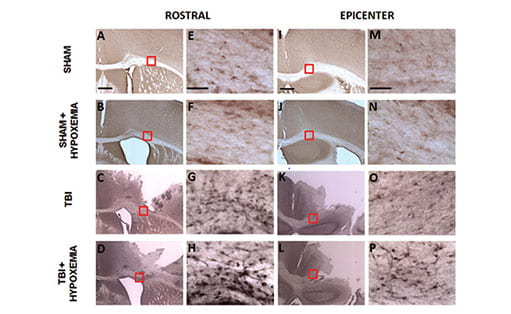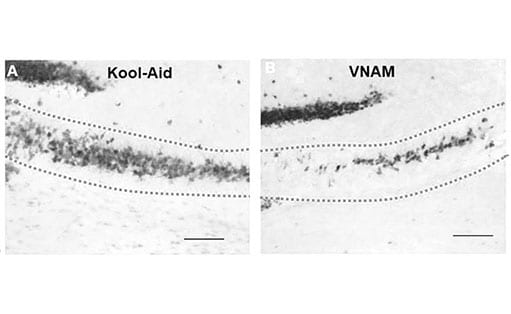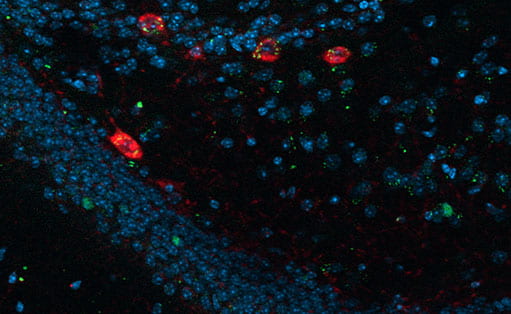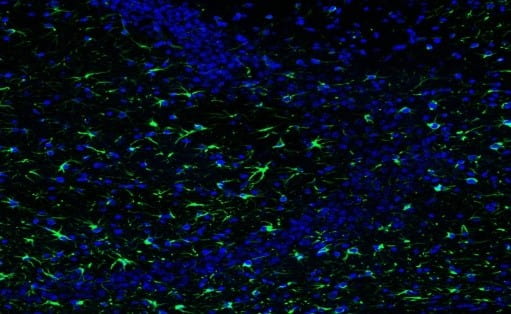Delayed hypoxemia following traumatic brain injury: A new target for neuroprotective targets
To explicitly model the contribution of secondary brain hypoxia, we have developed a clinically relevant murine model of TBI with delayed hypoxemia. Our objective is to test therapeutics that may mitigate secondary injury from delayed hypoxemia following TBI. Utilizing a rigorous preclinical trial funnel design including adequate sample sizes, minimization of bias, validation/replication of results, clinically relevant long term outcomes and testing of sex and genotype factors, we have established a framework for efficient testing of potential candidate therapeutics.
Acute stress and long-term maladaptive fear memory after traumatic brain injury
Clinical research supports high rates of TBI-PTSD comorbidity and confirms TBI as a significant predictor in the development of PTSD. However, the biological mechanisms impacted following brain injury that may lead to increased PTSD risk are currently unknown. Maladaptive and abnormal fear memory has been associated with PTSD, which decreases one’s ability to restrict fear to the appropriate context. Altered hippocampal-amygdala circuitry may be a contributing factor to such pathologic memory. Utilizing our previously developed murine model of TBI with delayed hypoxemia, we aim to elucidate the underlying mechanism involved with abnormal fear response after TBI, which could provide a unique opportunity to develop pharmacological and non-pharmacological approaches that target clinically relevant long-term psychological dysfunction for TBI survivors.
Intestinal microbial modulation of traumatic brain injury
The influence of gut microbiota on TBI, tissue repair and subsequent neurological outcome is currently unknown. This knowledge gap is of paramount clinical significance as TBI patients are highly susceptible to alterations in gut microbiota due to frequent antibiotic administration, prolonged hospitalization and autonomic dysfunction. Our overall hypothesis is that gut microbiota influences the neuroinflammatory response after TBI impacting injury severity and repair. Further elucidating the mechanisms of gut microbiota influence on TBI neuroinflammation and its impact on injury severity may provide a framework for the development of approaches to this response towards a neuroprotective phenotype.



